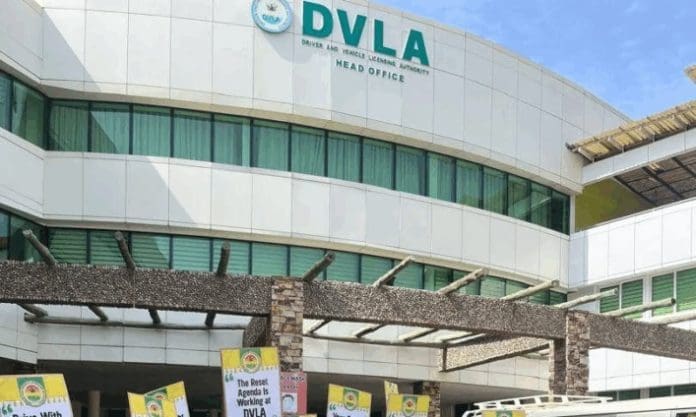A parliamentary committee session grew heated Tuesday as lawmakers questioned the Driver and Vehicle Licensing Authority over its planned digital number plate system. The exchange between Public Accounts Committee Chairperson Abena Osei Asare and DVLA CEO Julius Neequaye Kotey centered on privacy safeguards for the new technology.
The authority plans to introduce number plates embedded with Radio Frequency Identification chips to enhance vehicle security and prevent tampering. Kotey explained the system would improve vehicle traceability and support law enforcement efforts while digitalizing existing registration data.
However, the committee chair pressed for specific details about what personal information might be displayed on the plates. “In putting out somebody’s security out there, a bad person can also get hold of that,” Osei Asare cautioned, expressing concern about potential privacy breaches.
When asked directly if surnames would appear on the plates, Kotey initially responded that the DVLA would comply with data protection laws. This answer prompted a sharp rebuke from the chair, who demanded a more definitive response.
“You don’t tell me it depends on what the law says,” she countered. “You are doing it. So you should be able to tell us that the law says ABCD.”
Kotey later clarified that standard number plates do not include personal names, though customers can pay for personalized plates. The committee chair acknowledged this distinction but maintained that transparency remains crucial for public trust.
The digital number plate initiative forms part of the DVLA’s broader modernization agenda, aiming to integrate features like real-time vehicle tracking and automated toll collection. Both parties ultimately agreed that protecting citizen data while enhancing security requires careful balance and clear communication with the public.
Source: newsghana.com.gh











